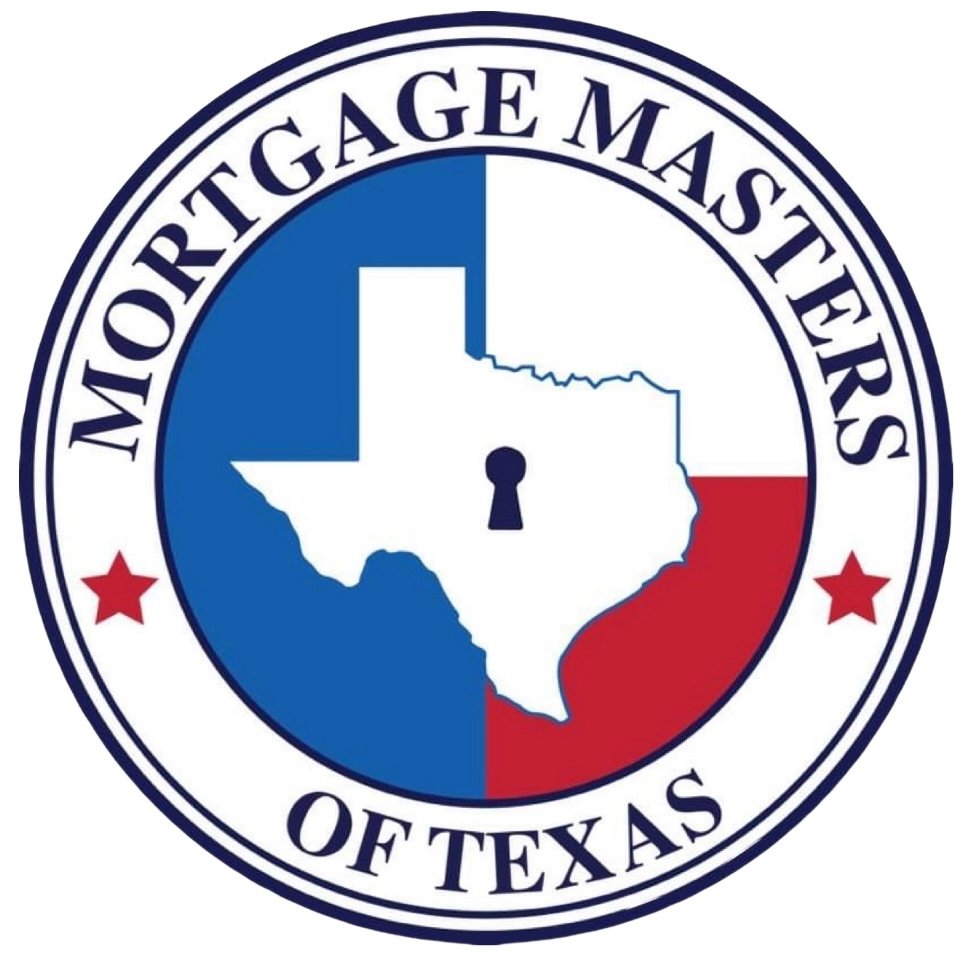FAQ
F.A.Q.S
Loan Process Questions:
What steps are involved in the mortgage loan process?
The mortgage loan process typically involves several steps, including pre-approval, home search, application, underwriting, approval, and closing. Your loan officer will guide you through each stage and provide support along the way.
What documents do I need to apply for a mortgage?
Common documents required for a mortgage application include proof of income (such as pay stubs or tax returns), asset statements, identification documents, and details about your employment history and financial obligations. Your loan officer will provide a specific list based on your individual circumstances.
How long does it take to get approved for a mortgage?
The timeframe for mortgage approval can vary depending on factors such as the complexity of your financial situation, the type of loan you’re applying for, and the lender’s processing times. On average, it can take anywhere from 30 to 45 days from application to closing.
What is pre-approval, and why is it important?
Pre-approval is a preliminary assessment of your creditworthiness and ability to qualify for a mortgage loan. It involves submitting an application and documentation to a lender, who will then review your finances and issue a pre-approval letter indicating the loan amount you may qualify for. Pre-approval is important as it gives you a clear understanding of your budget and strengthens your offer on a home.
Loan Types and Programs Questions:
What is the difference between a fixed-rate and adjustable-rate mortgage (ARM)?
A fixed-rate mortgage maintains the same interest rate and monthly payment throughout the life of the loan, providing stability and predictability. In contrast, an adjustable-rate mortgage (ARM) offers an initial fixed-rate period followed by periodic rate adjustments based on market conditions, potentially resulting in fluctuating payments.
What are the advantages of FHA loans compared to conventional loans?
FHA loans offer advantages such as lower down payment requirements, flexible credit guidelines, and competitive interest rates, making them accessible to borrowers who may not qualify for conventional financing. Additionally, FHA loans allow for higher debt-to-income ratios and may be available to borrowers with past credit challenges.
How do VA loans differ from other types of mortgage loans?
VA loans are exclusively available to eligible veterans, active-duty service members, and qualified spouses, offering benefits such as no down payment requirement, no private mortgage insurance (PMI), and competitive interest rates. VA loans are backed by the U.S. Department of Veterans Affairs and are designed to provide accessible and affordable financing options to those who have served in the military.
What is a jumbo loan, and who is it suitable for?
A jumbo loan is a mortgage loan that exceeds the conforming loan limits set by Fannie Mae and Freddie Mac. It is typically used to finance higher-priced properties that exceed the limits for conventional and government-backed loans. Jumbo loans are suitable for affluent buyers seeking financing for luxury homes and high-value properties.
Homebuying Process Questions:
How much should I budget for closing costs when buying a home?
Closing costs typically range from 2% to 5% of the home’s purchase price and may include expenses such as lender fees, appraisal fees, title insurance, and prepaid expenses like property taxes and homeowners insurance. Your loan officer can provide a detailed estimate of closing costs based on your specific transaction.
Can I lock in my interest rate, and when should I do it?
Yes, you can lock in your interest rate to secure a specific rate for a set period, typically 30 to 60 days. Rate locks are recommended once you’ve found a property and are ready to proceed with the loan application process, as they protect you from potential rate increases during the homebuying process.
What factors should I consider when choosing a mortgage lender?
When choosing a mortgage lender, consider factors such as interest rates, loan programs offered, lender fees, reputation, customer service, and responsiveness. It’s important to shop around and compare offers from multiple lenders to find the best fit for your needs.
What happens at the closing of a home purchase?
At the closing, also known as settlement, the final documents are signed, and ownership of the property is transferred from the seller to the buyer. You’ll review and sign various paperwork, including the mortgage note, deed of trust, and closing disclosures, and pay any remaining closing costs and fees. Once everything is finalized, you’ll receive the keys to your new home.
Mortgage Masters of Texas
Whether you’re a first-time buyer, refinancing, or looking for a new investment, our team at Mortgage Masters of Texas is committed to finding the perfect mortgage solution for you. Contact us today to take the next step towards homeownership and start building the future you deserve.


